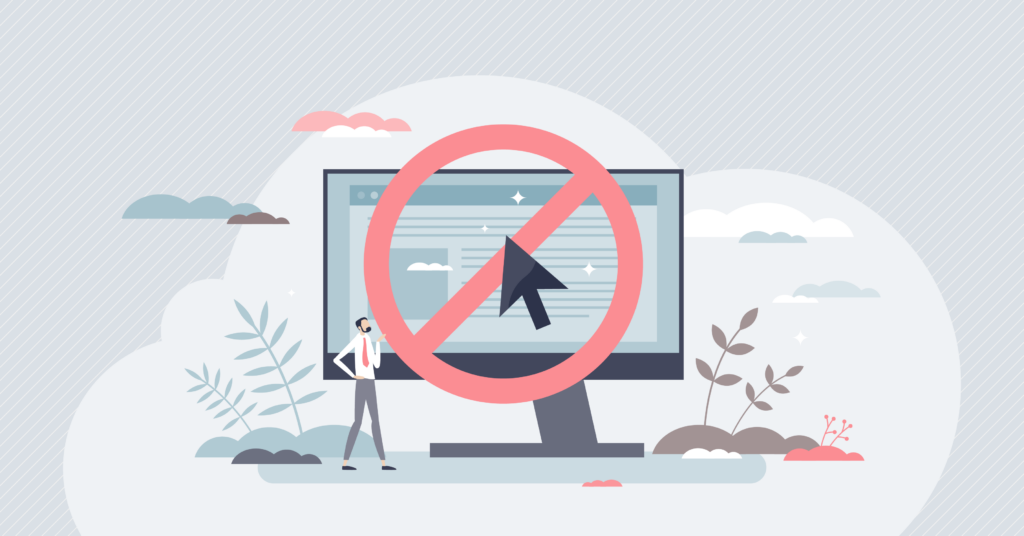This article was updated on October 15, 2024. Due to the nature of this rapidly evolving situation, it is expected that there will be additional information as time goes on. The team here at TruNorth continues to review and will update as notable changes occur.
Update: WordPress Takes Control of WP Engine’s Advanced Custom Fields Plugin
In a recent development within the ongoing conflict between WordPress and WP Engine, Matt Mullenweg has announced that WordPress is forking WP Engine’s Advanced Custom Fields (ACF) plugin into a new version called Secure Custom Fields. This action stems from Mullenweg’s concerns over security issues within ACF and aims to remove commercial upsells from the plugin.
What This Means for TruNorth Clients Using ACF Pro:
If you are using the Pro version of ACF through WP Engine or Flywheel, you are not affected by this change. The Pro version will continue to receive updates directly from WP Engine, and there is no need to take any immediate action. If your website is hosted elsewhere and you are using the free version of ACF, you may need to follow WP Engine’s installation guide to revert to the genuine ACF version if it has already been updated to the new Secure Custom Fields plugin.
We are closely monitoring the situation and will keep you updated as it evolves. Please feel free to reach out to us if you have any concerns.
Oct 2, 2024
Recently, a major conflict has escalated between Matt Mullenweg, co-founder of WordPress, and WP Engine, a popular WordPress hosting platform. If you’re a WP Engine user, staying informed about the current situation is important, as the dispute could affect your website’s operations.
What Sparked the Conflict?
The tension began when Mullenweg expressed frustration over how WP Engine profits from the WordPress ecosystem without, in his opinion, contributing enough to the open-source community. His frustration boiled over into a series of public actions, including demands for tens of millions of dollars in compensation for WP Engine’s use of the WordPress brand, despite the fact that “WP” itself is not trademarked.
Mullenweg initially aired his grievances at WordCamp, a yearly WordPress conference, and later published a blog post titled “WP Engine is not WordPress,” which was sent out to all WordPress installations via RSS. This caused significant concern among WP Engine customers, leading to WP Engine reportedly blocking the message from appearing on their users’ dashboards.
Escalating Actions

The conflict escalated further when Automattic, the company behind WordPress, sent WP Engine a cease-and-desist letter, accusing them of infringing on the WordPress trademark. The situation reached a boiling point when WordPress.org completely cut off WP Engine’s servers from accessing their resources, meaning that WP Engine users were unable to receive WordPress updates directly through their platform.
Mullenweg has continued to publicly criticize WP Engine, framing the issue as a necessary step to protect the WordPress community. However, his aggressive approach, which includes public posts and threats of legal action, has led to backlash, with some accusing him of unnecessarily harming the WordPress brand by airing dirty laundry publicly.
Though this ban was temporarily lifted to allow for further discussion, the conflict is far from resolved. Mullenweg has even hinted at the possibility of a corporate takeover of WP Engine, signaling that this issue could continue to evolve.
What You Need to Know as a WP Engine User
- No Updates via WordPress.org: WP Engine servers are currently blocked from WordPress.org, which means your site may not receive the latest updates or patches. This can impact the security and functionality of your website.
- Potential for Further Disruptions: As legal and public disputes continue, it’s possible that additional actions will be taken that could affect your ability to access WordPress features or updates.
- Consider Backup Options: Depending on how the situation evolves, it may be wise to explore alternative hosting options or prepare contingency plans in case the relationship between WordPress and WP Engine continues to deteriorate.
What You Need to Know as a TruNorth Client
- This May or May Not Apply to You: Depending on where your website is hosted, this may not apply to you. If your site is hosted on WP Engine, then you will want to remain aware, and we will discuss this with you in upcoming communications.
- We are Monitoring: Our team is actively reviewing and monitoring the situation due to the volatility and quick escalation of tensions.
- We Have Contingency Plans: We have other hosting environments at the ready that we have researched and feel confident would be great alternatives if the time comes to switch hosting environments.
- We Will Keep You Updated: As the situation continues to evolve, we will keep you in the loop and let you know recommendations along the way.
Stay Informed and Reach Out
This conflict is still unfolding, and the situation could change quickly. If you’re a WP Engine user and want to ensure your site remains secure and up-to-date, feel free to reach out for guidance. We can help you navigate any uncertainties and keep your WordPress site running smoothly through these disruptions.